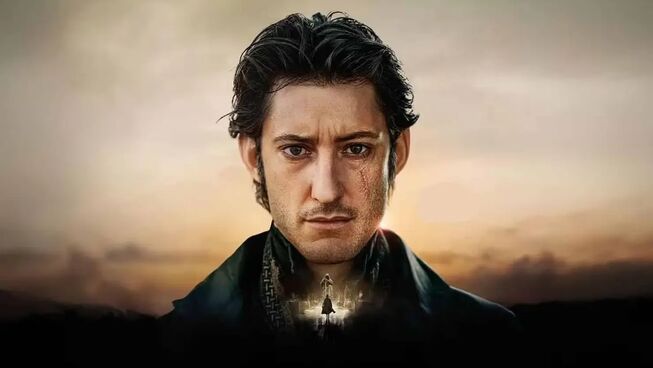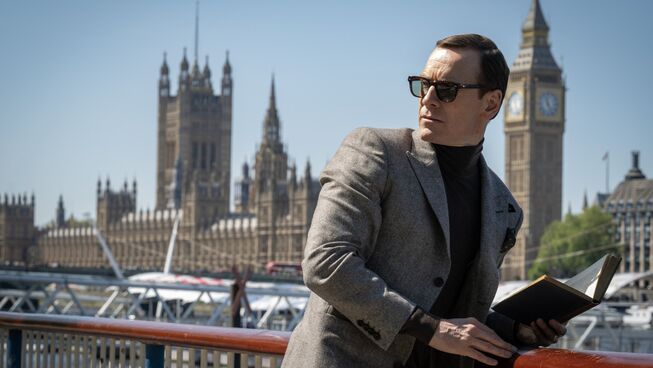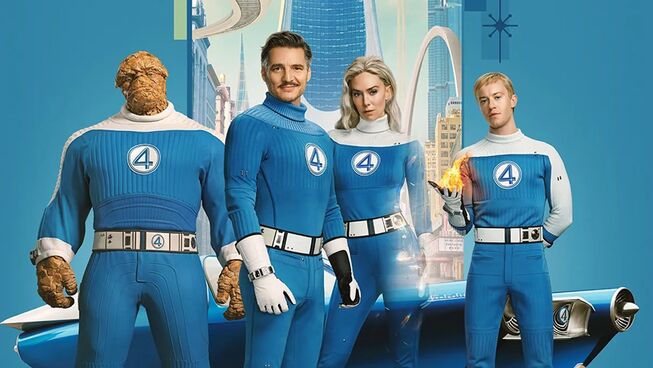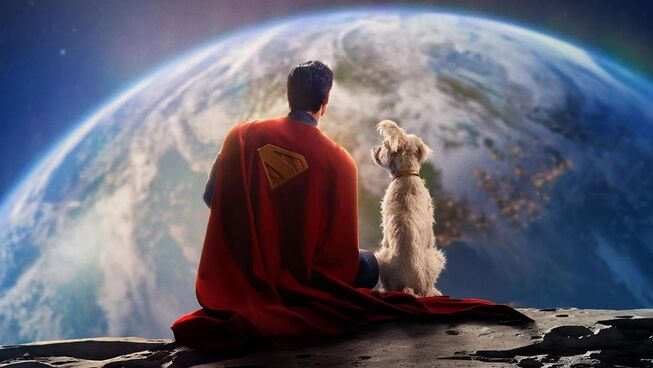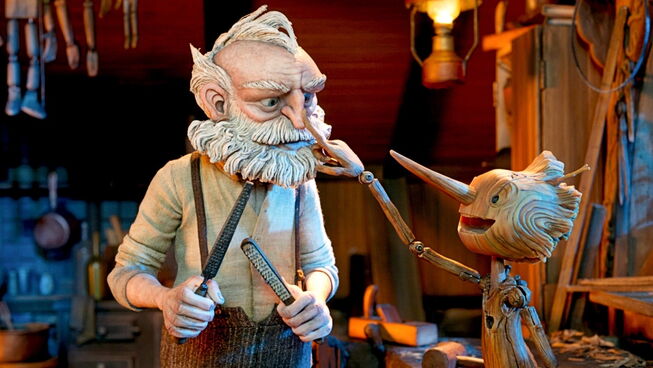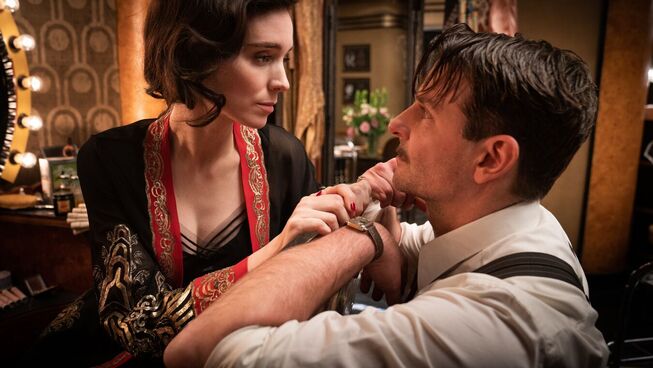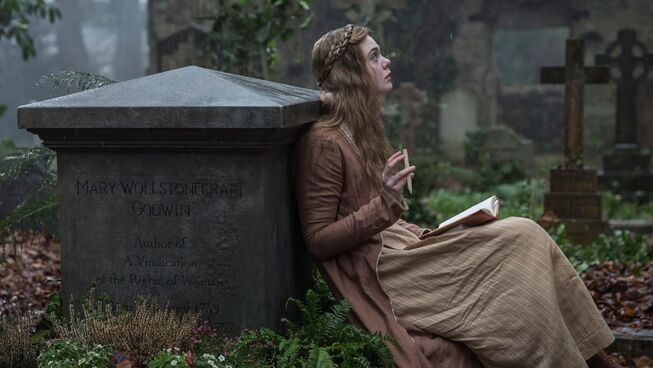Frankenstein
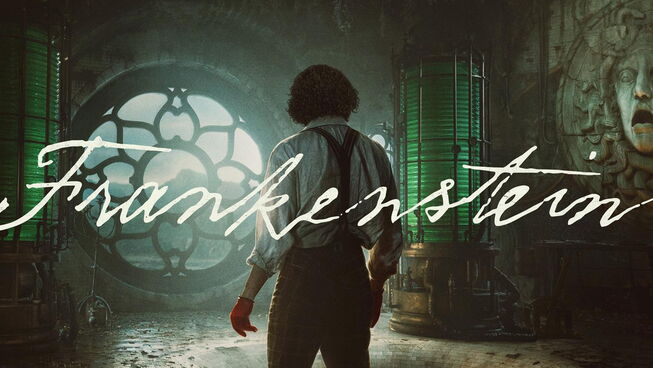
⭐️ ⭐️ ⭐️ ⭐️ 1/2 (out of 5 stars)
Monstrous, tragic and macabre, Frankenstein is the culmination of Guillermo del Toro’s greatest strengths. A grand yet intricate, romantic gothic horror that beats with a heart of science and sorrow. Del Toro’s films have consistently explored the monstrous as a reflection of the human condition. From Pan’s Labyrinth to The Shape of Water to Nightmare Alley, he’s been telling us that monsters aren’t the problem. Rather, it’s the people who can’t see their own monstrosity who are the scariest beast. Frankenstein takes that idea to its ultimate conclusion. This long-gestating project resurrects Mary Shelley’s 1818 novel with a tenderness and terror that few filmmakers could ever conjure. Del Toro’s affection for Shelley’s novel has been well-documented, and he’s spent decades circling this material. The result is a spectacle of craftsmanship and a lament of creation, an unflinching portrait of the beauty and brutality of being human.
In Frankenstein, visionary scientist Victor Frankenstein (Oscar Isaac) defies death itself, stitching together life from the remnants of the grave. Ostracised by the medical community, his experiments attract the attention and benefaction of wealthy Henrich Harlander (Christoph Waltz), the uncle of his brother William’s (Felix Kammerer) bride-to-be, Elizabeth (Mia Goth). When Victor’s creation (Jacob Elordi) ultimately awakens, a towering, childlike being of immense strength and fragile soul emerges. Immediately, the creator and creature are intertwined in a tragic dance of love, fear, and rejection. Spanning from frozen wastelands to candlelit manors, del Toro restores Mary Shelley’s original vision to celluloid, capturing the gothic odyssey of creator and consequence in a tale of a man who sought to be God, and a monster who only longed to be human. And gone are the latter additions to the Monster’s mythos. You won’t find any Igor the hunchback, protruding neck bolts, or pitchfork-wielding villagers. This is a fully faithful adaptation from del Toro.
Oscar Isaac embodies Victor Frankenstein with chilling precision: a man torn between enlightenment and ego, cruelty and control. His performance balances surgical exactitude with moral decay as a scientist who mistakes mastery for mercy. Opposite him, Jacob Elordi delivers a career-defining performance as the creature. Towering, tragic, and terrifyingly tender, Elordi captures the creature’s impossible paradox: a being both innocent and abominable, desperate for love yet destined for loneliness. The practical makeup effects are award-worthy, but behind the grotesque flesh, Elordi’s human eyes stare through, bringing tremendous depth and sorrow.
Their story unfolds through del Toro’s unmistakable visual language and stunning attention to production design and detail. Stunning cathedral-like laboratories, mist-soaked graveyards, and snowbound wildernesses are all rendered with painterly beauty. Alexandre Desplat’s haunting score lingers like a requiem for the living and the lost.
Some may find the film too brutal, too sentimental, or too indulgent in its Gothic flourishes. But others will see it as a masterpiece of melancholy. A film as grand in scale as it is intimate in soul. Del Toro has crafted not only a work of cinematic brilliance but a meditation on what it means to be made, to suffer, to love, and to be human.
Reel Dialogue and Third Space have entered the world of YouVersion: Download the app, dive into the plans, and engage with the Bible in a fresh and exciting way.
Reel Dialogue: Made In Whose Image?
At its heart, Frankenstein is a story about creation and what happens when humans reach for the divine and try to play God. Del Toro doesn’t shy away from that theological theme. In fact, he leans into it. Shelley’s novel was subtitled The Modern Prometheus for a reason: it’s a warning against human pride, but also an aching reflection on a creation abandoned by its Maker. In one of the film’s quietest, most devastating moments, the creature asks his creator, “Why did you make me?” It’s a question that echoes across Scripture and the human heart. We’re reminded of Job crying out from the ash heap, “Your hands shaped me and made me. Will you now turn and destroy me?” (Job 10:8). The film doesn’t give an answer; it simply leaves us to sit with that ache, the cry of a soul who has longed for the love of their Maker.
The true horror here isn’t stitched flesh or laboratory lightning. It’s rejection. It’s cruelty. It’s the failure to love. In this way, del Toro’s Frankenstein is less about science gone wrong and more about grace gone missing. The Creature, for all his violence, still feels more human than his creator. And perhaps that’s the point. We, too, are creatures: fragile, flawed, fashioned from dust. But unlike Victor Frankenstein, our Creator does not abandon us. Where Frankenstein’s Creature is rejected by his maker, the Gospel tells us of a Creator who steps into creation Himself - taking on flesh, bearing our scars, and inviting us into His eternal home.


